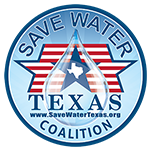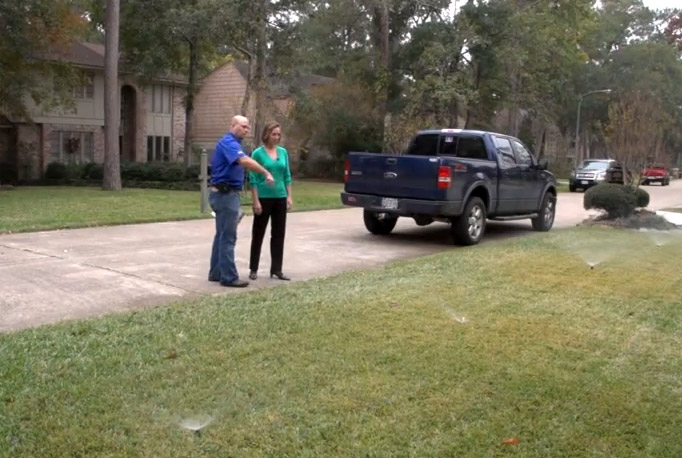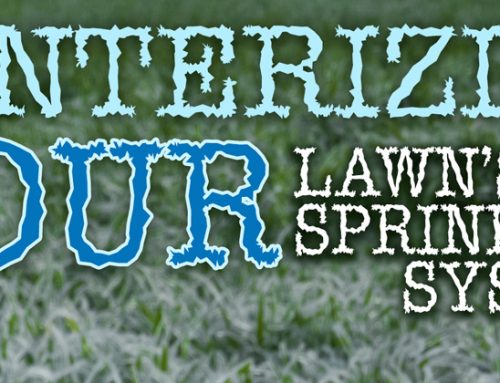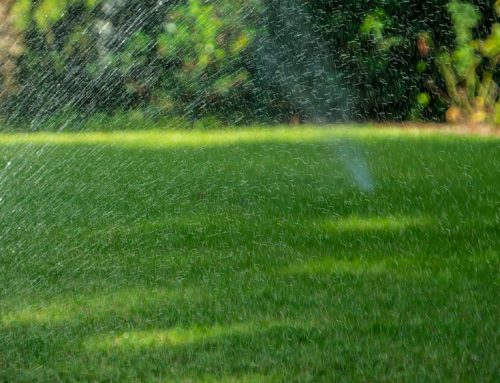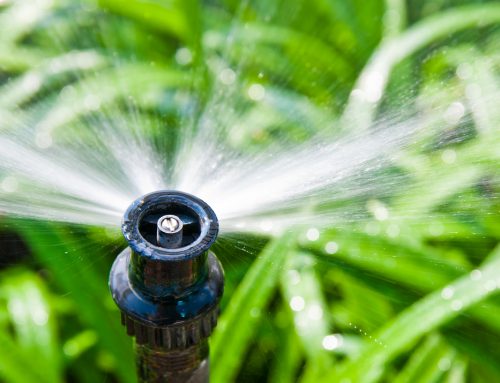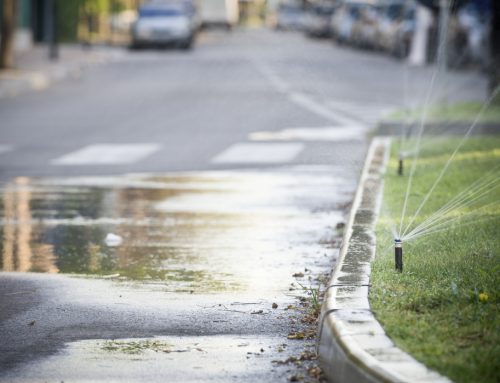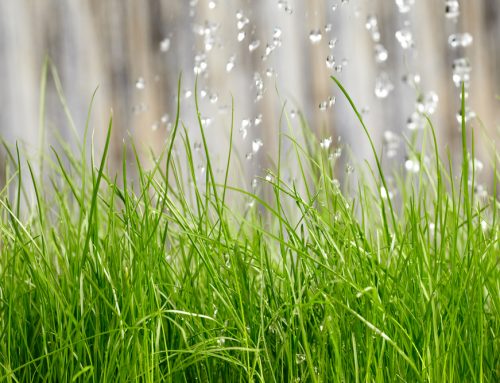In late 2009, the North Fort Bend Water Authority’s Board of Directors created an important working group to focus on identifying and recommending viable water conservation measures and programs for the Board’s review and consideration. The Water Conservation Advisory Committee – chaired by board member Robert Patton and made up of MUD directors, an operator, developers, an engineer, irrigation specialists, and a Texas A&M Agrilife Extension horticulturist — kicked off their assignment in April, 2010. The group invited key conservation experts and managers of successful local programs to make presentations at the monthly meetings, conducted some specialized research, and explored a variety of measures designed to promote and encourage water efficiency. On February 2, 2011 the Committee made its recommendations to the Board.
“One of the interesting things about our conservation effort is that lots of folks study these things to death and nothing ever happens,” commented Peter Houghton, Board President. “We are committed – and have been from the outset – to incentivizing meaningful conservation efforts to help people reduce their consumption. The cheapest water we will ever have is the water that we are able to conserve.”
Houghton’s emphasis on reducing consumption makes good economic sense. “The logical way to minimize the amount of infrastructure that will need to be built/constructed,” he points out, “is to decrease the amount of water that will be needed in the years ahead. With the persistent drought coupled with dramatic projected population and demand increases looking ahead to 2050, filling the gap between water supply and demand will require significant conservation, more water reuse projects, and better utilization of water across the board.”
“We have an opportunity…a window of opportunity…to seize a leadership role and shape a paradigm for water efficiency within the Authority’s boundaries,” explained Robert Patton. “The dedication, research, and planning efforts of this Committee have put us on the road to doing just that.”
Tackling the largest “water waster” first…
After devoting almost a year to reviewing examples of successful water conservation programs across the state, attending water efficiency/reuse conferences, and hearing from experts in the field, the Committee is unified in the belief that using finite water resources more efficiently is not a luxury, but an absolute necessity.
“The public is becoming increasingly concerned about the range of water problems that they fear may be passed along to future generations,” Patton observed, “People are beginning to recognize that using our existing water resources more efficiently is indeed a viable ‘source’ of water, utilizing reduction in demand to increase supply.”
One of the critical components outlined in the Committee’s report addresses minimizing the amount of water waste associated with residential lawn irrigation. During summer months, up to 80 percent of the residential water demand is used “around” the house – for irrigating yards and landscaped areas…and up to half of that water is wasted! This is especially concerning when you consider that turf experts have demonstrated that it takes far less than most people use to sustain a healthy, good-looking lawn.
The Committee recommended that the Authority offer evaluations of residential irrigation systems. The Board agreed and approved an agreement with the W.I.S.E. Guys to conduct evaluations of residential irrigation systems for customers of participating MUDs within the Authority’s boundaries or Groundwater Reduction Plan contract participants required to report pumpage. The potential water savings are significant. According to irrigation experts, the average homeowner is watering 43 percent over and above the recommended watering guidelines. Only 45 percent of all irrigation systems have a rain sensor installed to shut down the system during periods of precipitation. With appropriate modifications to controller settings for frequency and run times, it is possible to increase the efficiency of the average residential irrigation system by at least 10 percent, and save up to 111,000 gallons of water a year!
The Authority is paying the annual W.I.S.E. Guys fee and half of each evaluation fee to jumpstart the program. Those districts eligible to participate in the program have received information enabling them to do so by executing a cost-sharing agreement. The Authority is providing customer notification post cards and irrigation-related conservation billing inserts to participating districts.
For more information about the W.I.S.E. Guys initiative, please visit www.nfbwa.com/wiseguys .
